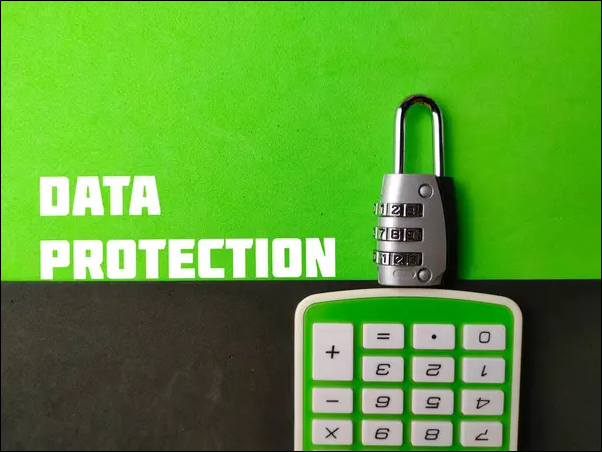Decoding the DPDP Draft Rules 2025: What India’s New Data Protection Framework Means

The active period of the Digital Personal Data Protection Draft Rules of India alters the privacy policies in the country. They clarify how to work with personal data to ensure its security. This guide is written in straightforward language to explain how the new rules work, allowing businesspeople and individuals to understand the most important changes. It further discusses why the employment of Data-Privacy consultants, Law firms, and Techno-Legal Consultants in Gujarat would help businesses achieve compliance.
What are the DPDP Draft Rules 2025?
The draft is part of India’s efforts to secure the personal data of its citizens. Personal data refers to any information that can be used to identify you, in other words, your name, address, phone number, or online activities, roughly. Such rules provide businesses with specific help on how to gather, utilize, and secure that information. This is intended to prevent abuse while allowing companies to use information for normal business purposes.
The regulations make it clear to be transparent and inform people about the type of information they gather and the purposes for which it is utilized. Individuals have the right to revoke their permission. This places vigilance on the information of everyone.
Key Points of the DPDP Draft Rules 2025
The key highlights of the new Indian data protection and privacy regulations are as follows, emphasized due to the DPDP Draft Rules 2025:
- Informed Consent
Data fiduciaries must obtain specific, understandable, and clear consent for any information before gathering data. The consent request should include information on what data is gathered, the purpose of gathering this data, and how it will be used.
- Uninterrupted Revocation of Permission.
Consent can be revoked easily with the use of simple online tools or consent managers, eliminating the need for human intervention.
- Consent Managers
These go-betweens control authorizations between individuals and businesses. They must be registered with the Data Protection Board (DPB) and independent.
- Data Minimization and Retention
The scientific collection of data can only be taken to the extent of need. When it is not necessary, it has to be erased.
- Breach Notification
Should there is a breach of data, the companies are required to notify the DPB and the users within 72 hours and give details and mitigation recommendations.
- Children’s Data Protection
Any parental consent not verified cannot be processed by companies that involve any data of an individual under 18. Profiling or tracking children is forbidden.
- Cross-Border Data Transfers
Data transfer outside India is also permitted to countries confirmed by the Central Government as providing the same level of data security.
- Rights of Individuals
After their lifetime, people can access their data, delete errors, and write a nominee to exercise their rights.
- Role of the Data Protection Board
The DPB is involved in compliance, deals with complaints electronically, and imposes penalties for breaches.
- Support for Startups and MSMEs
The regulations minimize the compliance cost among small players. Significant Data Fiduciaries that are big have more rigid rules and are subject to an annual audit.
Why Businesses Need Data Privacy Consultants and Law Firms
The DPDP Rules are not an easy concept to understand and follow generically, particularly for data-intensive businesses. Data privacy specialists are consultants who are knowledgeable about regulations and assist in developing appropriate systems. They recommend consent, data security, breach of reporting, and other guidelines.
Law firms of data privacy provide legal advice to help clients avoid fines and lawsuits. They draft documents, audit them, and educate employees about the best practices. Their practice makes corporations know what to and not to do and remain in the right manner.
The Techno-Legal Consultant data privacy law firms can be of great value in the case of firms in Gujarat. These experts merge the fields of technology and law to ensure that local businesses navigate these fields safely and without violating the law.
Conclusion
The DPDP Draft Rules 2025 are one of the steps that can be seen as a move towards powerful data protection. They ensure that personal information is handled respectfully and carefully. For businesses or organizations, learning the rules and collaborating with data-privacy experts, law firms, and Techno-Legal Consultants in Gujarat is the most appropriate way to remain safe and compliant.
As a responsible company, being proactive on data privacy would enhance its responsible evolution, foster customer trust, and meet the high standards of information protection established by India. The new law goes beyond the rules; it creates a safer digital future for everyone.


